What type of Du’a is guaranteed to be answered? Is it the most beautifully worded or ambitious one?
Is it the du’as only for big life events or just for matters pertaining to our Hereafter?
The Prophet ﷺ said,
“Call upon Allah with certainty that He will answer you. Know that Allah will not answer the supplication of a heart that is unmindful and distracted.” [Tirmidhi 3479]
We need to be confident in Allah, and we need to ask Him from the heart.
But how do we muster up the courage and trust to be so vulnerable before Allah? Where do we even start?
Here are some tips to get you in the dream du’a groove, In Shaa Allah.
Let gratitude overtake worry
Imagine if all we got was what we made du’a for.
Not only would our lives be dull and drab, but it’s also very likely we wouldn’t survive for more than a few seconds!
Allah, Al-Kareem, Gives in immeasurable abundance. He Gives without account.
We don’t command each beat of our heart, and neither do we have to beg for each breath of air or the diverse sensations felt by our skin.
We don’t control how our body, by Allah’s Mercy, protects itself from the heat and cold, nor do we have any idea how our 60,000 miles of blood vessels don’t get tangled up.
Allahu Akbar.
My brothers and sisters, Allah has already given you so much. If He is so Merciful to give you what you never even thought or knew to ask, then what about the things you do ask for?
Don’t feel impatient and dissatisfied; instead, approach Allah as a grateful slave, like the Prophet ﷺ, who would stand in prayer till his feet blistered and cry deeply even though all his sins were forgiven.
I would humbly advise you all to start a gratitude journal, recording at least three things you are grateful for each day- and be creative!
Also, pay special attention to Allah’s answering of your du’as or someone else’s you know, as this will strengthen your certainty in asking Allah when times are hard and the heart feels barren, may Allah سبحانه و تعالى protect us all.
Find inspiration from the Messenger ﷺ
There are truly no supplications as profound and comprehensive as the Masnun du’as; those made from the lips and heart of the Best of Mankind, Muhammad Ar-Rasulullah ﷺ, whose Sunnah is also Revelation.
Yes, of course, we can make du’a in our own mother tongues and based on our unique needs, desires, and circumstances, but as with all things, the Messenger ﷺ presents the best of examples of how to do this.
So, let us learn and reflect on the explicit and hidden asks of Rasulullah’s ﷺ eloquent du’as and apply them to our own lives, using them as a springboard to elevate our personal supplications to the next level.
There are also the du’as that Allah سبحانه و تعالى loved so much that He recorded them for all ages in His Book.
One of them, which we all probably have heard of is:
رَبَّنَا آتِنَا فِىْ الدُّنْيَا حَسَنَةً وَفِىْ الآخِرَةِ حَسَنَةً وَّقِنَا عَذَابَ النَّارِ
Rabbana atina fid dunya hasanatan wa fil Aakhirati hasanatan waqina ‘adhaban-nar
Our Lord! Give us in this world [that which is] good and in the Hereafter [that which is] good and protect us from the punishment of the Fire. (Al-Baqarah:201)
Now, not only is this du’as amazingly comprehensive, but it also reminds us that we can ask for the very best of the Dunya and the Aakirah. However, the ratio of our asks should favour the Hereafter. In this Du’a, there is one request for the Dunya and two for the Hereafter, and this is the way we should approach Du’a because, brothers and sisters, we need to invest more in our Eternal experience.
Learn and Reflect
On a more personal note, my dear readers, I was not someone who used to cry in Salah. But it was something I wanted very badly after learning the Hadith:
“A person who remembered Allah while they are alone and their eyes overflowed with tears out of His fear will be shaded by Allah the day there will be no shade except His.”
[Bukhari and Muslim]
My eyes were dry because, although I went through the ritual motions, my khashya of Allah; that reverent awe that trembles the heart and limbs, unleashing the tears like a river overflowing its prison, was not sufficient in me yet.
But I woke up for tahajjud and begged Allah to make me weep in humility and yearning to Him. And, SubhanAllah, He guided me to learn who He was. He guided me to pause and reflect on His Signs all around me. And the tears, when they came, surprised even me. Alhamdulillahi Katheera.
For instance, this simple Ayah of the Qur’an shows us just how much Allah loves us, wants good for us, and has included signposts to Him everywhere we turn.
“It is He Who created for you all of that which is on the earth. Then He directed Himself to the heaven, [His being above all creation], and made them seven heavens, and He is Knowing of all things.” [Al Baqarah: 29]
From the flawless sky and the majestic mountains to the delicate flowers greeting you in your garden and the lush trees that invite you with shade – all this and so much more is from Ar-Rahman.
So, will we not turn to Him?
This Ayah also reminds me of a beautiful quote by Ustadha Yasmin Mogahed:
“Love is when Allah says to you, “I have created everything for you.” And you say, “I have left everything for You.” ”
Therefore, I urge you, my brothers and sisters, to busy yourself in seeking knowledge and reconnecting with your purpose every single day.
There are so many amazing and authentic free resources out there, especially in Ramadan, and I highly recommend the “Judgement Day” series taught by Imam Omar Suleiman, as well as the “Meeting Muhammad ﷺ” series.
Lighten your heart with good deeds
My brothers and sisters, righteous deeds give wings to your du’as, and amongst these, fasting is one of the best. We learn in an authentic hadith [ al-Tirmidhi, 2525] that for the fasting person who makes a du’a upon breaking his fast, his supplication rises above the clouds, the gates of Heaven are opened for it, and Allah says, “By My Glory, I will answer you even if it is after a while.”
Allah promises to respond to anyone who calls upon Him. Allah does not specify that this person has to be top-notch in their Deen or that this person has to be at a specific place or a specific time. Whoever it is, and wherever they are, even it’s the belly of a whale, Allah hears and responds!
At the same time, Islam isn’t a passive religion; it calls us to action. Tawakkul is relying on Allah while taking the means and putting in the work.
Allah says, after mentioning that He directly responds to the slave who calls upon Him:
“So let them obey Me and believe in Me, so that they may be led aright.” [Al-Baqarah:186]
We need to respond to Allah too.
By following His guidance to the best of our ability, inclining towards the Truth, and striving to internalize and implement all it says.
When we take one step toward Allah, He takes ten steps towards us.
So, bi’idhnillah, let’s get busy with spreading benefit sincerely for His sake with hearts full of complete trust and conviction in His Response.
Remember that you’re not asking yourself
Some people entrust things to the universe. They place their reliance in a random, blind force with no understanding or affection.
But we know that Allah is Al-Hayy; not only is He the Originator and Fashioner of the universe, He is also Living. And He sustains all of existence with no fatigue or effort. SubhanAllah.
So, my brothers and sisters, envision your du’as as if they are unfolding right in front of you, build that emotional connection and force yourself to see beyond what you think is possible because it is for Allah.
We need to act as if our du’as have already happened and prepare to receive them, anticipate them and increase our sincerity, gratitude, and worship (all acts that Allah loves).
Change begins with us, brothers and sisters; are we people of khayr (goodness) and ihsan (excellence) preparing to embrace Allah’s infinitely greater Khayr and Ihsan?
“Is there any reward for goodness except goodness?” [Ar-Rahman: 60]
Allah always responds, and it’s always the best response.
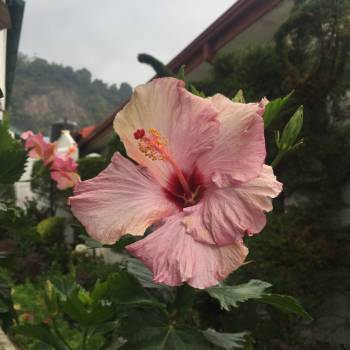 Maryam Hamza
Maryam Hamza 
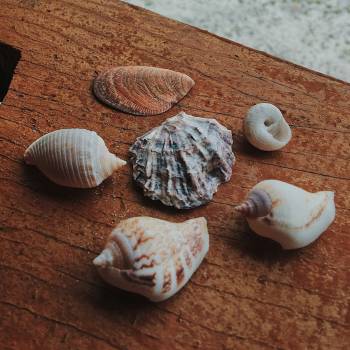
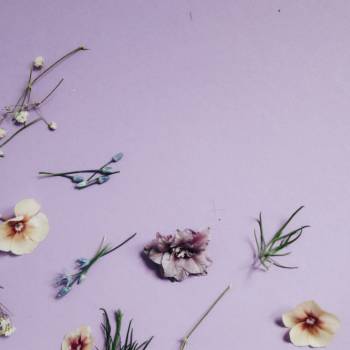
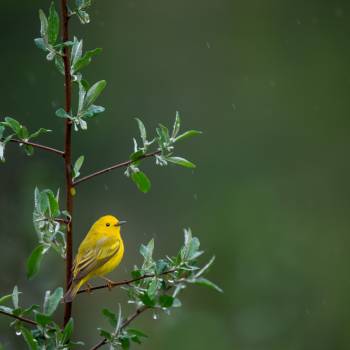

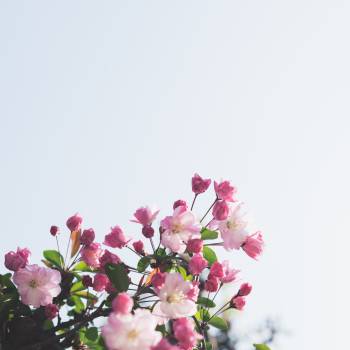
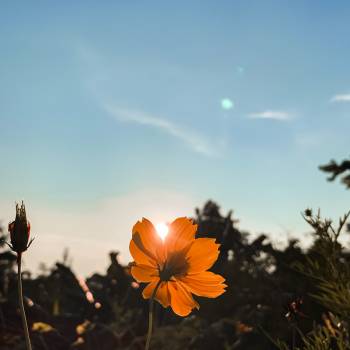
Ira Syatira